
Will that be Chocolate, Booze, Sex or Travel? Millennials, Pack Your Bags! Boomers too!

Everybody loves to talk about it
Just taking a simple stroll down the street or stopping in at a neighborhood restaurant or cafe is enough to show you that travel-any kind of travel – is what revs the conversational engine between friends, family and often, the stranger at the table next to you. Where you went, where you are going, where you want to go and where someone else is going seems to dominate nearly every discussion!
More than any other generation, millennials seem to enjoy travelling anywhere and everywhere. Two-week per year holidays just do not cut it with this jet-setting group! They are MIA at least 35 days out of the year; more than a month’s worth or 1/10th of the year. Next comes Gen Z close behind at 29 days of “get me out of here” away time. Baby boomers are not too far behind at 27 days, which may not include Florida-bound snowbirds! Surprisingly, according to a 2018 AARP study, it is millennials who are willing to spend the most on travel; more than both Gen X and the baby boomers!
Everyone loves to do it too!
Perhaps that is because, according to a recent Contiki survey (which listens to and caters to millennials and travelers largely between the ages of 18 and 35), they value vacations over pretty much everything else. After questioning 1,500 people, they disclosed that 80 percent of millennials say they would give up Netflix, 73 percent say they would give up alcohol, and 57 percent say they would even give up sex for travel. Many women already have said they would give up sex for chocolate, so that still puts travel in a firm #1 spot.
Since Contiki sells travel, it would seem to be in their best interest to document a strong interest in travel in their survey respondents. There is something, however, that goes far beneath the surface, showing a real, deep correlation between millennials and how they value travel.
The compulsion to spend both time and money on travel is strongly influenced by the role travel plays in the average life of a millennial. Travel is not just about chilling on the beach or riding down the slopes. Rather, millennials view travel as a way to act on their desire to become a better person and be a contributing citizen for the great good of the world. This phenomenon is largely known as “transformative travel.”
The Power of Transformative Travel
SKIFT did a 2018 study on The Rise of Transformative Travel in which a whopping 54 percent of their respondents prioritized “transformation” as a key factor in choosing what to do with their free time, especially when travelling. Beth McGroarty, director of research and public relations at the Global Wellness Institute, noted that travel is now seen as a “shortcut” or at least a “dress rehearsal” for a different persona.
The whole travel economy is globally shifting from a focus on “bragging rights” and “esteem” to “self-actualization” and “travel with a cause”. There is a huge rise in travel becoming less of a commodity and more of an experience. People are seeking specific destinations and tours with like-minded participants, as well as looking for retreats with a specific focus on achieving a complete change or accomplishing a specific goal.
Using travel to become better and to do something where they feel they can make a difference is appealing- not only because it feels like a road to fulfillment and wellness, but also because it makes us more interesting and attractive to others on many levels. Meetup and dating apps are all testimonials to the importance of travel.
In a dating profile, a history of travel offers an impression of someone who is adventurous and interested in their own self-development and the great universal good. Conversely, someone who doesn’t travel or give it a high priority, is often viewed as small-minded and uninterested in personal development or the issues of the world at large.
What good is it, if you can’t share it?
While there is a big focus on only working on a job or in a profession that you love and that inspires you, this is not always possible, especially given the high costs of urban living and the burdens of university debt. More demanding professional expectations leave less room for day-to-day transformative experiences. In fact, most people feel their daily life and its pressures are disconnected from how they see, or would like to see, themselves.
Social media becomes a virtual path to that transformational fulfillment with photos, videos, apps, advertisements and networking via meetups, interest groups and inspirational opportunities. That is why there are huge trends in adding weekends on to business trips for personal growth and exploration. Often, families are joining the business traveler, whether it is for school holidays, weekends or literally becoming digital nomads.
Are you seeking purpose in adventurous travel, historical tours, religious or learning enlightening practices, voluntourism, wellness or self-improvement? Do you want to follow your passions with experiences like cooking, food and drink, dance, theatre, writing, crafts, art, photography or being connected to nature? Perhaps you want to get away where no one knows you at all, or you prefer to be spending quality time with friends and family? Maybe you want to meet new like-minded people or just challenge yourself to do something new? For so many people of all generations, travel conveys that they’re interested in personal growth. For better or for worse, growth rarely happens in your office, kitchen or bedroom. Binge watching TV, eating or drinking too much as a cure for boredom or as a substitute for feeling good about yourself rarely leads to transformation. Travel is good for you, and it can improve your health, your well-being and give you a better understanding of your place and value in the world.
Sharing is caring
There are so many ways to dabble in experiential travel with a cause. It can start simply by asking your travel specialist or researching a company’s website to look for a philanthropic mission. Looking for companies with a mission means that you can make an impact where you are already spending your hard-earned money. Some more obvious examples of companies with a mission would be safaris, expedition, adventure and eco-tourism companies. Occasionally, even hotel chains can tout philanthropic goals.


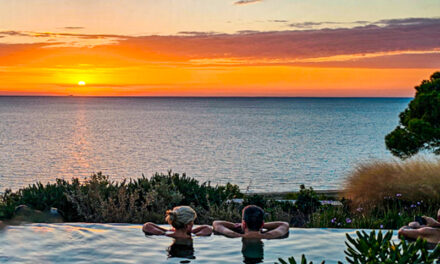







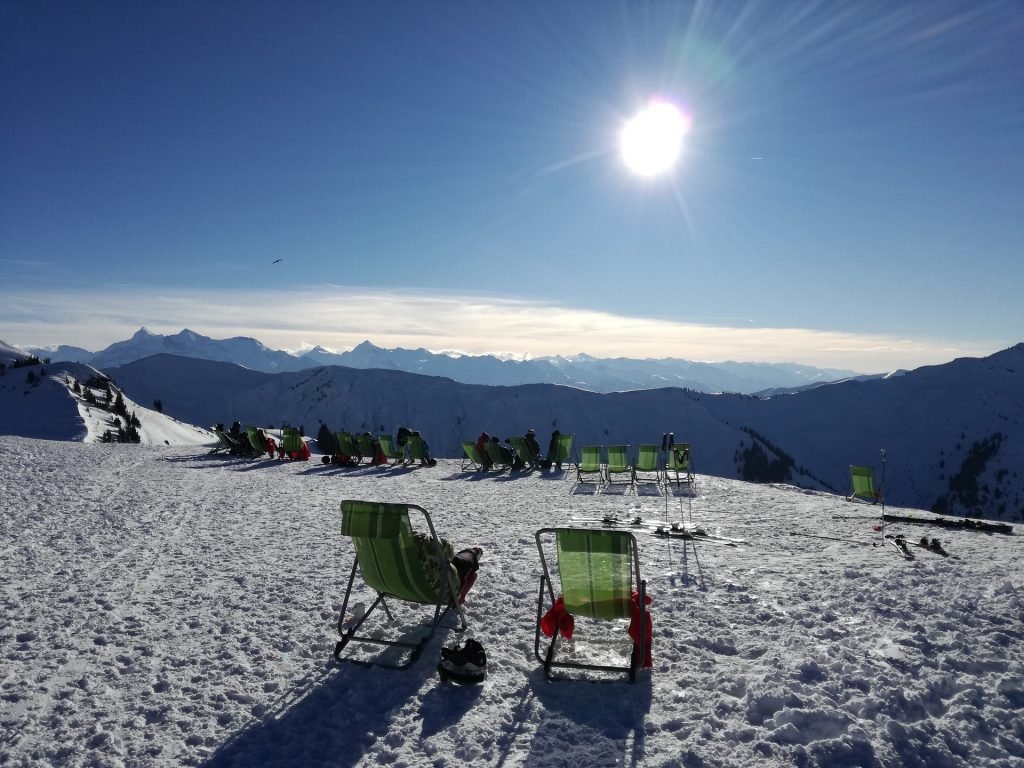

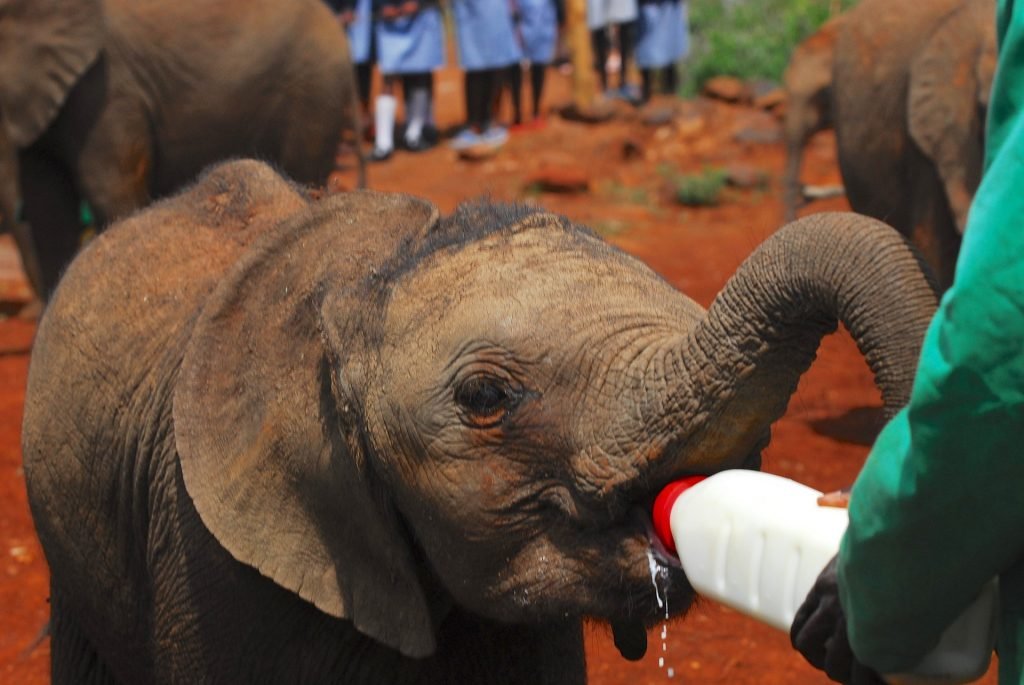
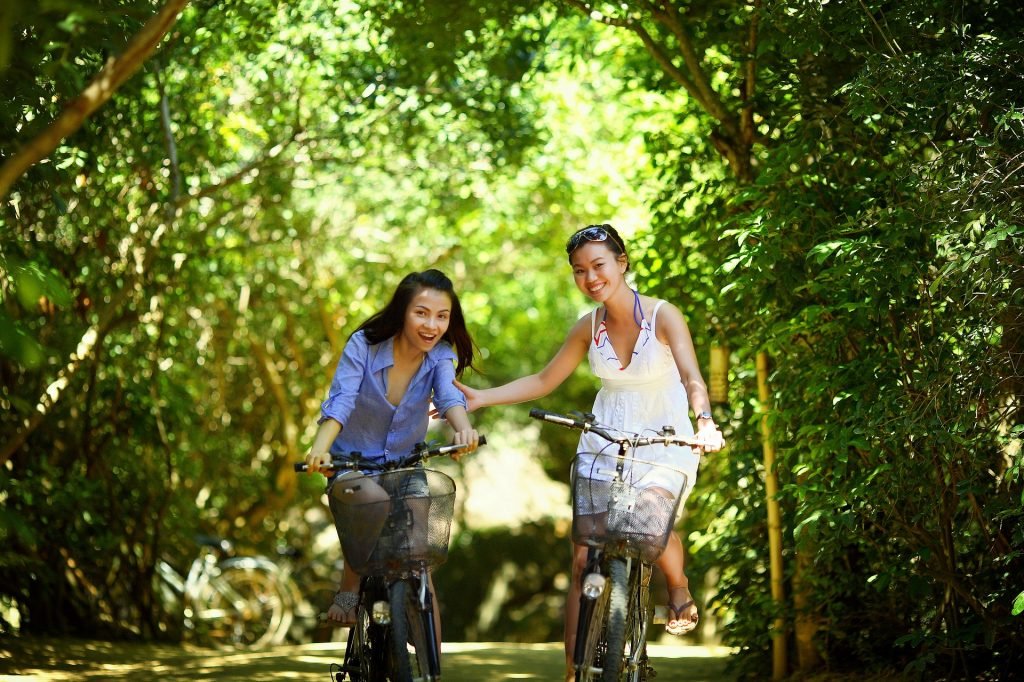
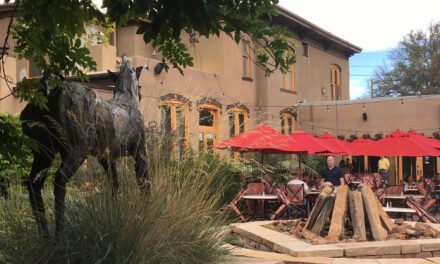

![Celebrate St. Patrick’s Day with McConnell’s Whiskey [COCKTAIL TIME]](https://luxebeatmag.com/wp-content/uploads/2022/03/McConnells-Bottle-Shot-1-440x264.jpg)





















